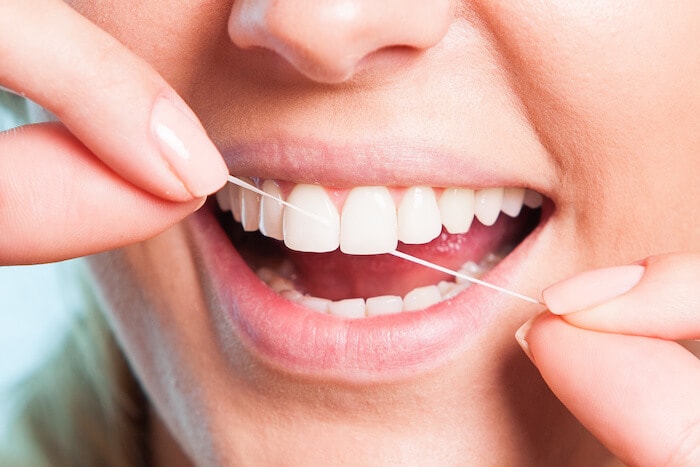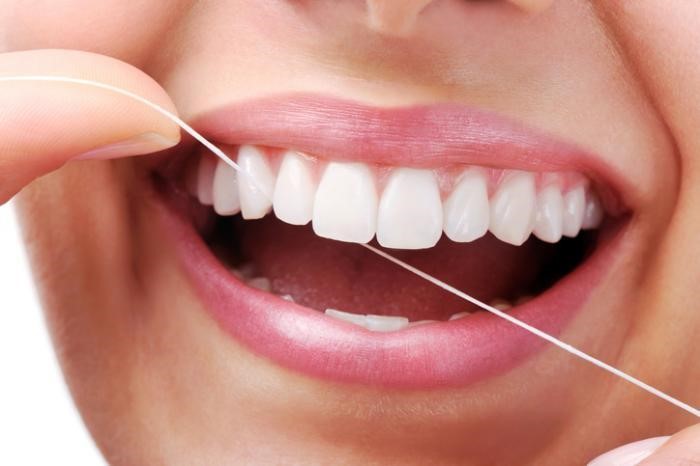Creating an oral hygiene routine at home is important to help maintain your oral health and keep your teeth and gums feeling great. Brushing and flossing each day is extremely important, and the order in which you do these two items is a common question. Many wonder which way gives the most benefit.
Is Brushing First Better?
Brushing your teeth at least twice a day is a key part of keeping your teeth and gums healthy. Brushing cleans your teeth and removes plaque, as well as prevents cavities from developing. Brushing is not the only thing you need to do to keep your oral hygiene in check. Flossing is another integral part of oral hygiene. The order in which you do these two items is a popular discussion.
Brushing does allow the toothpaste with fluoride to get in-between the teeth and help lift residual plaque when you floss after brushing. Studies show that flossing first is better, and is a more efficient way to keep up with your oral health. Flossing last also leaves particles in your mouth if you do not remember to rinse afterwards.
What About Flossing First?
Flossing first has many benefits, and recent studies now recommend that you should floss first before you brush. Flossing first helps to loosen that plaque buildup, as well as increase fluoride concentration between your teeth. When you brush after flossing the brushing then helps to remove those particles that are released from flossing. This helps to reduce plaque in your mouth, and lowers your risk of developing gum disease. Brushing after you floss helps the toothpaste to really do its job to protect your teeth from decay.
What About Flossing First?
Flossing first has many benefits, and recent studies now recommend that you should floss first before you brush. Flossing first helps to loosen that plaque buildup, as well as increase fluoride concentration between your teeth. When you brush after flossing the brushing then helps to remove those particles that are released from flossing. This helps to reduce plaque in your mouth, and lowers your risk of developing gum disease. Brushing after you floss helps the toothpaste to really do its job to protect your teeth from decay.
Benefits of Flossing and Brushing
- Prevents gum disease that is caused by poor dental hygiene or not brushing and flossing properly. Routine dental cleanings in our office are important and we recommend dental cleanings at least twice a year.
- Removes plaque that is the leading cause of gum disease. If you floss and brush your teeth regularly plaque does not have the chance to harden on your teeth.
- Prevents decay and costly dental procedures. If you take care of your oral health you can avoid serious complications or dental procedures in the future.
Overall, you can keep your teeth and gums healthy by practicing good oral hygiene habits. Cavities and gum disease are preventable, and remembering to floss and brush each day will help keep your mouth feeling great. Visiting our office regularly for your cleaning and exam is another way to stay on top of your oral health.
During your dental exam our team will discuss any hygiene recommendations, and review how to keep up with your oral hygiene care at home. Taking care of your oral health is important, and your health is our priority.
If you are interested in finding out more about how to improve your oral hygiene routine at home, or to schedule your next dental exam, contact our office and our staff will be happy to assist you.







